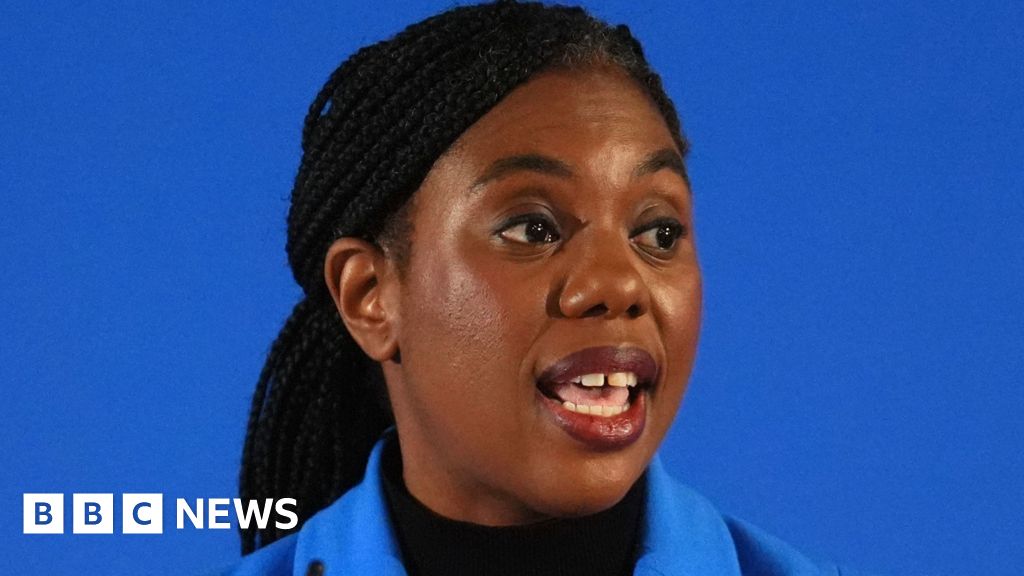ARTICLE AD BOX
 Image source, Getty Images
Image source, Getty Images
By Vishala Sri-Pathma
Business reporter, BBC News
The UK is likely to avoid a recession this year, an economic think tank has predicted.
The National Institute of Economic and Social Research (NIESR) said the economy will grow marginally despite high prices hitting household budgets.
But it warned while the UK may not fall into recession, it will feel like one for at least seven million households.
The forecast comes ahead of figures showing how well the UK economy is doing, which are due on Friday.
An economic recession is defined as when the economy shrinks for two consecutive three-month periods. If a country's economy shrinks, it means it's performing badly and typically, companies make less money and cut jobs leaving the government with less tax revenue to spend on public services.
NIESR has predicted the economy will grow by 0.2% this year, with growth rising to 1% in 2024. The forecast paints a more optimistic picture than others, such as the Bank of England's.
However NIESR still warned the rising cost of living would mean for millions, particular in the North East of England and in parts of Scotland, Wales and Northern Ireland, it would feel like a recession.
Inflation, which is the rate prices rise at, has been hitting the budgets of UK households, with energy and food costs high.
NIESR said one in four UK households - some seven million families - would be unable to meet in full their planned energy and food bills from their post-tax income in the 2023-24 financial year, up from around one in five in 2022-23.
Middle-income households would face a hit to their disposable income ranging from 7% to 13%, reaching up to £4,000 in this financial year, its researchers added.
It said as many people examine their finances, fewer will be able to retire early, meaning more workers between the ages of 50-64 will return to work.
The government has been considering plans to coax retired middle-aged workers back into jobs to boost the economy, with 300,000 fewer people in employment than before the pandemic.
A Treasury spokesperson, in response to the research by the NIESR, said the UK was not immune to global challenges of high inflation and slow growth.
The government reiterated it's a plan to halve inflation, which is at 10.5%, this year, but many economists expect this to happen anyway largely due to a slowdown in energy price rises and as post-pandemic supply problems ease.
NIESR's forecast comes after several others, which have not gone as far as suggesting the UK economy will avoid recession.
The Bank of England said last week the UK is set to enter recession this year but one which will be shorter and less severe than previously thought. The Bank has raised interest rates to 4% - their highest level in 14 years - in a bid to curb inflation.
The Bank's governor Andrew Bailey explained that the slump it predicts is now expected to last just over a year rather than almost two, due to energy bills falling and price rises slowing down.
Meanwhile, the International Monetary Fund (IMF), which works to stabilise economic growth, has predicted a more gloomy picture for the UK economy. It has forecast it to shrink and perform worse than other advanced economies, including Russia.
Economic forecasters are not always right when it comes to predicting the future. For example, the IMF's forecasts have picked up fewer than 10% of recessions a year ahead of time, according to an analysis it conducted of recessions around the world between 1992 and 2014.

 2 years ago
40
2 years ago
40








 English (US) ·
English (US) ·